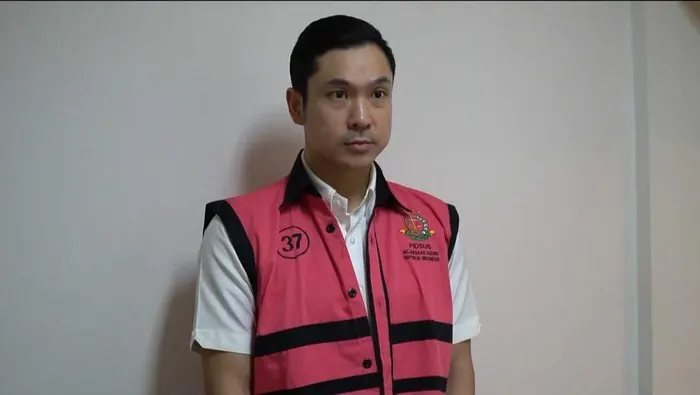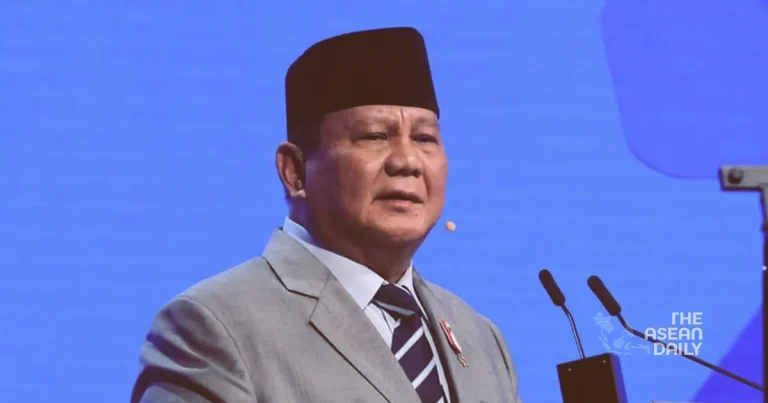1-1-2025 (JAKARTA) In a significant policy clarification, Indonesian President Prabowo Subianto has taken a firm stance against corruption, calling for harsher sentences for graft convicts whilst distancing himself from earlier suggestions of potential pardons for those who return stolen assets.
Speaking at a government meeting on Monday, President Subianto delivered a forceful message to the judiciary, particularly regarding cases involving substantial state losses. “The judiciary must not issue lenient sentences in these cases. Even the common person understands the gravity of these offences,” the President declared, addressing mounting public concern over perceived light sentences in high-profile corruption cases.
The President’s stern rhetoric follows public outrage over the recent sentencing of prominent businessman Harvey Moeis, who received a 6.5-year prison term and a US$13 million fine for his involvement in a tin-mining corruption scandal. The sentence fell considerably short of the prosecution’s requested 12-year term, despite evidence suggesting state losses of approximately US$18.6 billion, largely attributed to irreversible environmental damage from illegal mining operations.

Addressing speculation about his administration’s approach to corruption, President Subianto explicitly denied reports that he intended to pardon those convicted of graft. “My position has been misinterpreted,” he stated at a Christmas celebration in Jakarta. “The emphasis is on repentance and restitution, not pardons.”
The clarification comes in the wake of the President’s controversial remarks in Cairo on 18 December, where he had suggested the possibility of pardons for corruption convicts who returned stolen assets. That statement had prompted immediate pushback from legal experts and political figures, including former security affairs minister Mahfud MD, who warned such a policy could undermine anti-corruption efforts.
In a related development, Law Minister Supratman Andi Agtas has issued a public apology for suggesting the implementation of a “peace fine” system for corruption cases. The minister’s proposal had faced criticism from the Attorney General’s Office, which clarified that such arrangements are limited to specific financial crimes and do not extend to corruption cases.
The government has also moved to clarify its broader amnesty programme for 44,000 prisoners, confirming that corruption convicts will not be eligible for early release. The programme instead targets specific categories of inmates, including political prisoners from Papua, those with chronic illnesses, and certain drug offenders.
President Subianto’s renewed tough stance on corruption appears designed to reassure the public of his commitment to fighting graft, which he identified as a primary obstacle to Indonesia’s prosperity. “Indonesia cannot achieve its full potential while corruption persists,” he emphasised, signalling his administration’s dedication to maintaining strong anti-corruption measures.




